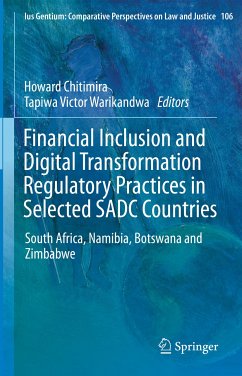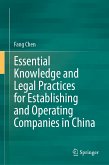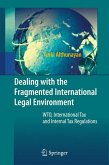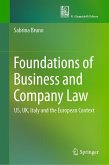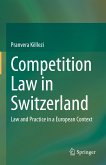This book investigates the regulation and promotion of financial inclusion and provides a comparative analysis of the regulation, promotion and enforcement of the relevant laws in the SADC (in particular, South Africa, Namibia, Botswana and Zimbabwe), as well as the challenges of financial inclusion. In turn, it evaluates financial inclusion in the context of specific challenges faced by unbanked and underbanked customers, who are easy targets for cyber criminals because they tend to have lower levels of digital literacy.
The book presents novel discussions that identify the challenges and flaws associated with the enforcement of financial inclusion laws and related measures intended to promote financial inclusion in the SADC region. This is primarily done in order to reveal the current strengths and weaknesses of financial inclusion laws in relation to certain aspects of the companies, securities and financial markets in the region. For example, there is no common financialinclusion instrument/law that is effectively and uniformly applied throughout the SADC. This has impeded the enforcement authorities' efforts to effectively combat financial exclusion across the region.
The book is likely the most comprehensive study to date on the regulation and promotion of financial inclusion in the SADC region and fills a major gap in SADC and African legal jurisprudence. As such, it offers a valuable asset for policymakers, attorneys, bankers, securities (share) holders, and other market participants who deal with financial inclusion, as well as undergraduate and graduate students interested in the topic.
Dieser Download kann aus rechtlichen Gründen nur mit Rechnungsadresse in A, B, BG, CY, CZ, D, DK, EW, E, FIN, F, GR, HR, H, IRL, I, LT, L, LR, M, NL, PL, P, R, S, SLO, SK ausgeliefert werden.

